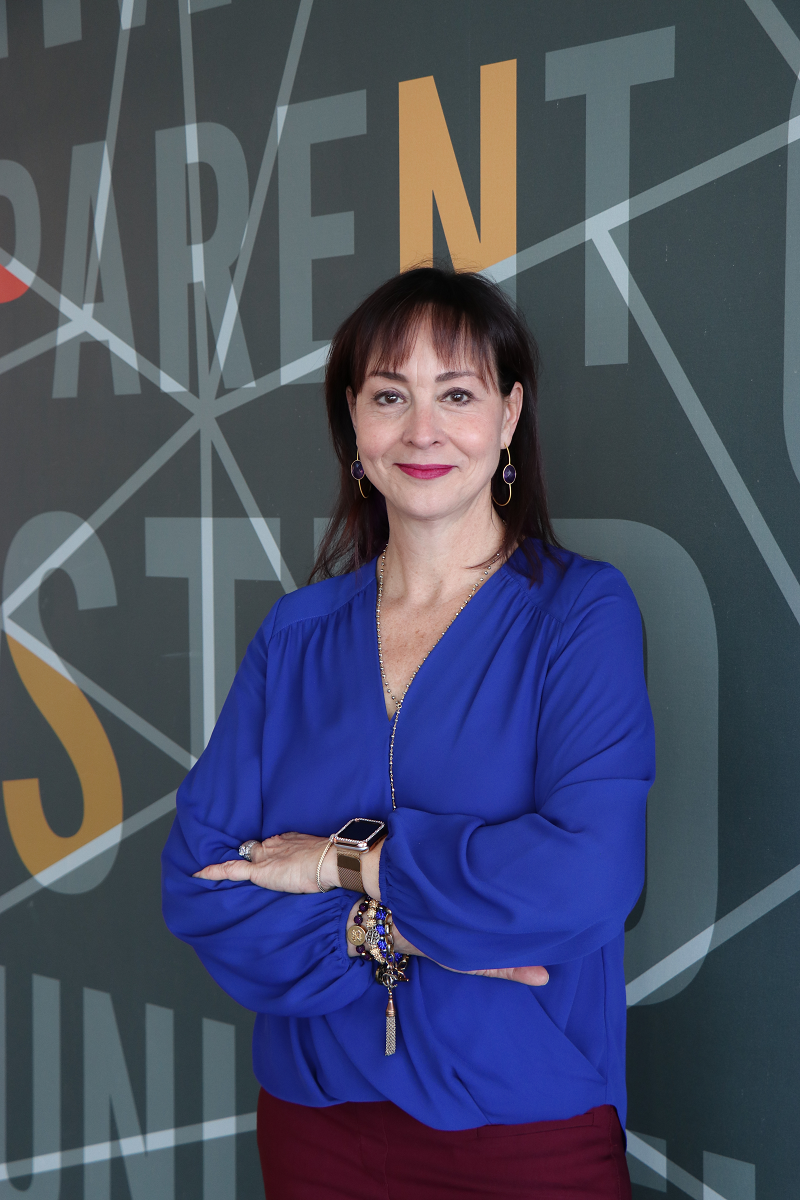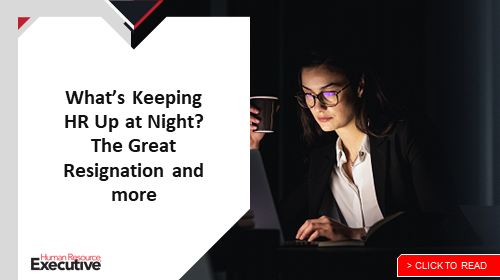Culture—it’s a word that has been front and center in HR’s lexicon since the start of the pandemic. HR leaders have been challenged to help their cultures weather the abrupt dispersing of employees from offices and the need to adapt to new ways of working without losing the connection to company values. Especially given the pressures of the Great Resignation and record turnover, organizations are chasing culture around every corner to hang onto their talent—but, to really be effective, that effort has to be more exacting and expansive than checking a few requisite boxes, says Adrianne Court, CHRO of Tealium.
Court joined the global customer data platform in November after holding HR leadership roles at companies including Alkami Technologies, Caliber Home Loans and Transplace. Throughout her career, culture has been a primary focus, she says—and it’s never been more important for HR to be “intentional” about the culture it’s seeking to foster. Court shared lessons from her culture work with HRE:
HRE: Now that you’re settled into your position at Tealium, what have you determined are your overarching HR priorities?

Court: I’m really focused on the intentionality of our culture, particularly around how we think, act and connect. Our culture and where we’re headed is not a separation from our history but it’s part of our journey of who and what we are. So, my priority is building programs to support that culture.
HRE: Where are Tealium’s strengths when it comes to culture?
Court: Our culture includes the idea of winning together. Our CEO, Jeff Lunsford, talks about that quite a bit in terms of us being a team. We’re taking that further to say that we can win together collectively and all portions of this team can contribute and help us win together. This is truly how we communicate, how we innovate, how we connect—it’s all collectively. We also emphasize that we value diversity; it’s about continuing to listen and learn from diverse perspectives.
HRE: Technology has been a focus at several companies you’ve worked at throughout your career. How do you plan to incorporate or enhance the use of emerging technologies into Tealium’s talent strategies?
Court: Working in tech and at tech companies and professional services companies that create and implement tech, you need to live that internally and look at ways to leverage tech to create efficiencies so you can connect more on a human level. We recently implemented Workday, but we also have many other tools and resources to ensure we’re efficient with our recruiting: automated job postings, texting tools, calendar-ing tools. It’s all to make us more efficient so our recruiting team can connect on a human level rather than be focused on these tasks. Another area we’re leveraging tech is through Slack and other internal communication tools. I’m leading a committee focused on the best way to use these tools because [the number] can be a bit overwhelming.
 HRE: Can you identify a moment in your career—either a success or a challenge—that has given you one of the most lasting lessons about HR success?
HRE: Can you identify a moment in your career—either a success or a challenge—that has given you one of the most lasting lessons about HR success?
Court: Prior to Tealium, I was with a company called Alkami and, when I joined, they were relatively small. I helped scale and build a truly remarkable culture that was seen as probably one of the best cultures within the holdings of the investors; when people were looking to invest in Alkami, they looked to our culture as a competitive differentiator. Being part of that was super cool and bringing the company public a year ago, knowing that culture was a fundamental element, was truly for me like nirvana in terms of my professional career. Also, when I started out early in my career, I worked with a company called i2 Technologies, whose founder gave me an opportunity to do things I had never done before and that the organization had never done before. The next thing I knew, they were letting me grow and evolve; I did a lot of probably not the best things but I learned a lot and grew a lot. Even the CFO I worked for at the time pushed me out to talk to a group of 900 employees at one time and I thought, “I can’t do that!” But they had faith in me at a young part of my career and gave me experiences to build on to be the person I am today.
HRE: What would you say are the most important skills that modern HR leaders need to succeed in today’s environment?
Court: No. 1 is listening and learning, absolutely. In particular, in the last five years, there has been such a shift politically, socially, with the pandemic and that has put a lot within the realm of what the CHRO has to deal with that they probably traditionally weren’t. For many, they were dealing with benefits, compensation, leadership development [more than five years ago], so this is a new era. I know many of my peers tapped out and said, “That’s enough.” It’s really important to be listening and learning: What is it someone has to say? Learn from that and adjust from that.
HRE: What has kept you from tapping out?
Court: Organizations like Alkami or like Tealium, that have such an investment in culture and connections—that’s what I enjoy in my career. [In HR,] you have to understand the elements—benefits, payroll and all that—but helping an organization grow, evolve and be intentional in its culture, that’s what’s really fun for me. Even in the short period I’ve been with Tealium, our DEI scores from six months ago on pulse surveys were in the 50s and now they’re in the high 70s. Seeing crazy cool things like that is what brings true professional appeal. Oh, and I also have two kids to put through college!
HRE: What are you passionate about outside of work?
Court: My house is probably different than most: My mom recently passed but she had been living with us and my mother-in-law lives with us. We have my daughter and another girl who were living with us, and a son in college. So, life outside of work is based on my family and all of those dynamics. In addition to that, I share a lot about culture and how to connect to your personal passions; I speak pretty regularly in presentations, panel discussions; I host exercises with teams to help them open their minds and think about how they can connect to the culture in their organization. I truly feel that if each organization becomes better, we all become better.
The post This CHRO says culture work needs to be collective, intentional appeared first on HR Executive.